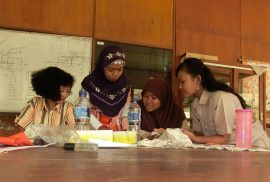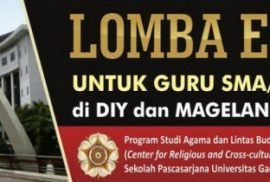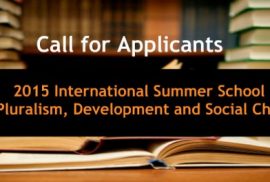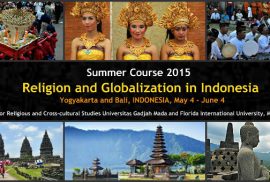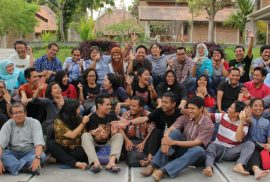Terima kasih kepada aplikan yang telah mengirim esai kepada panitia Lomba Esai untuk SMA/K – MA/K yang diselenggarakan oleh Program Studi Agama dan Lintas Budaya (Center for Religious and Cross-cultural Studies/CRCS) Sekolah Pasca Sarjana UGM. Kami telah menerima esai dengan berbagai tema tentang opini maupun pengalaman pengelolaan keragaman di sekolah. Esai-esai tersebut telah direview oleh juri dengan mempertimbangkan tema, kedalaman isu, perspektif dan praktik dalam esai yang telah dikirim.
Kami ucapkan selamat bagi peserta yang lolos untuk mengikuti kegiatan workshop. Bagi yang belum lolos kami juga mengucapkan terima kasih atas waktu yang Anda curahkan untuk menulis dan mengirim esai. Masih ada kesempatan di program maupun agenda CRCS lainnya, Anda bisa mengunjungi website kami di https://crcs.ugm.ac.id/.

